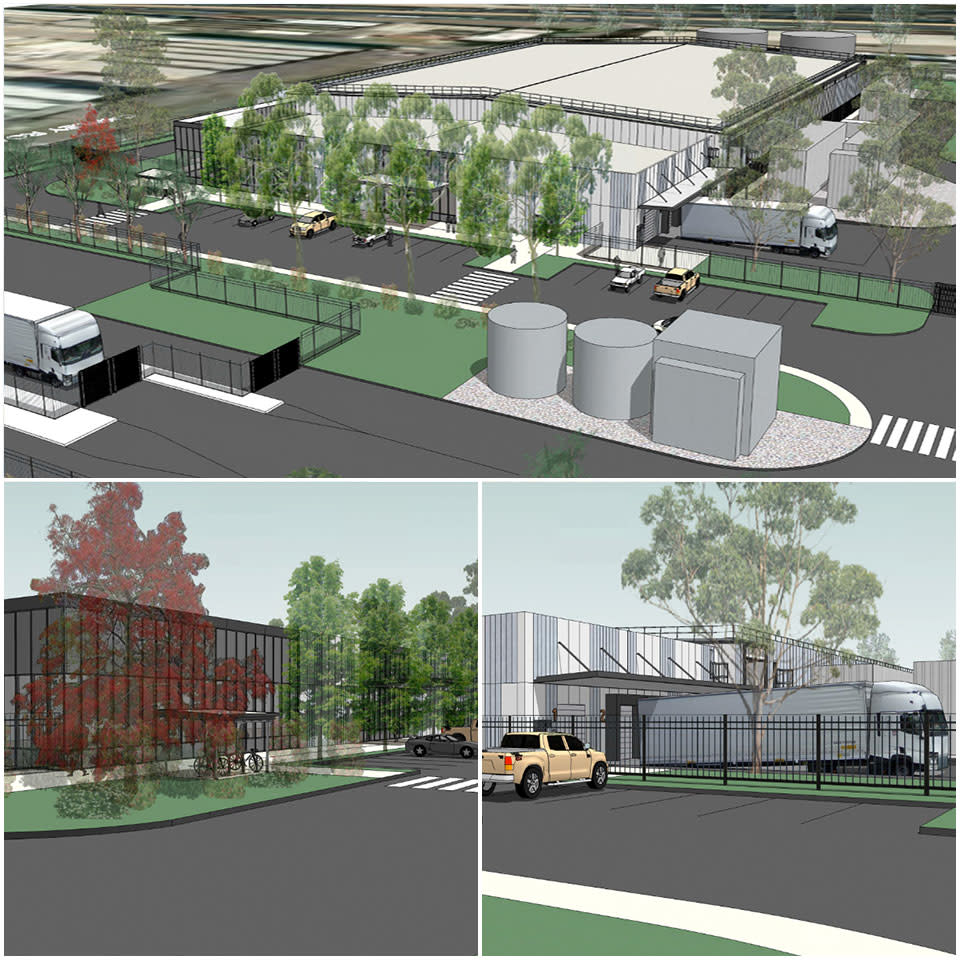Microsoft is pursuing plans for a $150-million data centre on a large industrial site along the West Gate Freeway at Yarraville in Melbourne’s inner west.
The development is planned for a 22,500sq m site at 20-28 Cawley Road, part of a larger 130,000sq m site the technology giant purchased from Time and Place in 2021 for $90 million.
It will be across the river from the substantial 480ha urban renewal project at Fisherman’s Bend.
The proposal, which includes approximately 5000sq m of data storage and plant area, 1200sq m of ancillary office area and 400sq m of circulation area, is part of a global rollout by the US software powerhouse.
The company indicated in early 2021 that it planned to build between 50 and 100 centres a year around the world.
The development, to be known as MEL4, would sit alongside a larger MEL5 data centre, which is yet to be put forward to the City of Maribyrnong.
Documents for the proposal drawn up by engineering firm Dem went on display earlier this month. Microsoft’s role is buried in the detail of those documents, and the US player did not reply to requests for comment.
They show a two-storey data hall designed to run at a higher temperature than typical, up to 35 degrees, while the water requirement could be about 50,000 cubic metres, mostly for cooling.
▲ Demand for hyperscale data centres, which support cloud computing and big data storage, is surging due to surging technology and internet use. Image: Dem
Late last year, Microsoft unveiled similarly scaled plans for a $1.3-billion data centre estate at Kemps Creek in Sydney’s west.
The 190-megawatt facility is being built at a large industrial estate being developed by Frasers and local fund manager Altis Property Partners.
The Kemps Creek proposal, the company’s biggest commitment in Australia to date, includes a pair of two-storey buildings covering close to 61,000 square metres.
The emerging asset class is now recognised as the second most popular alternative class in terms of investor intentions, narrowly behind real estate debt, and ahead of healthcare and student living.
Data centres have been hot property for investors throughout the pandemic, as the increasing dependence on cloud storage, which has facilitated the popularity of digital subscriptions to services like content-streaming platform Netflix, was pushed to its limits during nationwide lockdowns.
According to a recent report by CBRE, one third of Australian property investors surveyed are actively looking to invest in data centres in 2022 compared just 2 per cent in 2018.
The tightly held market is currently controlled by a handful of big companies either providing cloud services, such as Amazon, Google and IBM, or industry specialists like Equinix or NextDC that build, lease and operate data centres.











